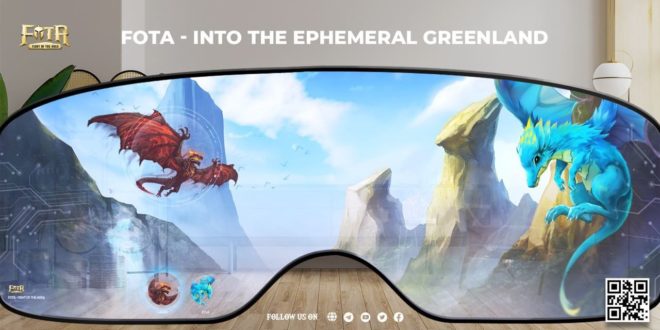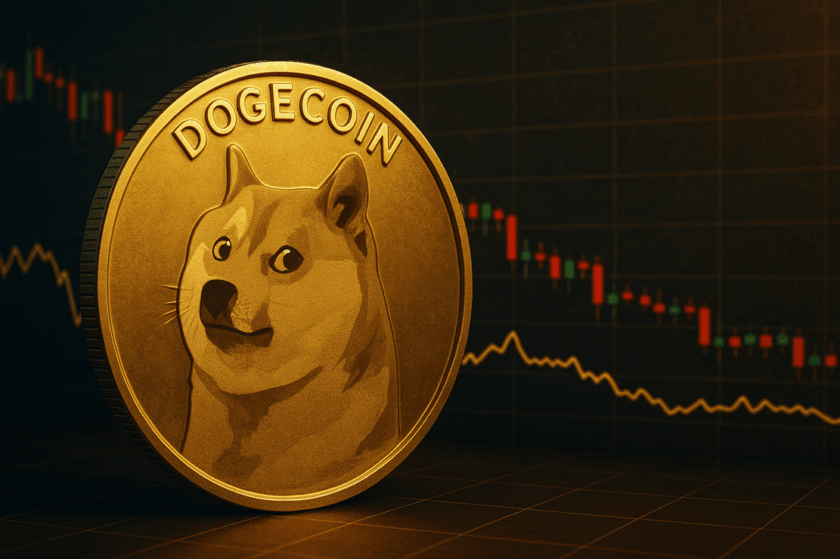The gaming industry is pegged to hit the $200 billion mark by 2024 and is constantly outperforming expectations. Play-to-Earn (P2E) is trending in GameFi, besides being a significant catalyst for crypto adoption. According to Triple-A, the total revenue from blockchain gaming has risen from $321 million in 2020 to $1.5 billion in 2021.
Blockchain-based games have attracted 1.22 million unique active wallets (UAW) in Q1 2022. Popular titles like Axie Infinity and Decentraland accounted for 22,000 of those. The promise of decentralized ownership, inclusive decision-making procedures, and attractive financial incentives are the primary factors drawing gamers to P2E.
GameFi’s success has been a massive push for crypto and blockchain’s acceptance and legitimacy, propelling adoption.
GameFi — Gaming That Pays for Real
GameFi combines gaming and finance, as the name suggests. It is the financialization of video games using blockchain-based methods to let users monetize their gaming experiences. Play-to-Earn (P2E) is a primary feature of this model. Traditional games have centralized business models where producers retain the maximum profit share, whereas in-game assets aren’t interoperable.
Gamers thus have little or no way to monetize grinding or in-game achievements. Moreover, gaming studios have the final say over the game’s development trajectory, the supply of in-game assets, and their use cases. On the other hand, P2E games adopt the principle of decentralization, letting gamers receive crypto-based rewards for achieving in-game goals. Gamers also retain their in-game items—like avatars, modifications, weapons, pets, and land—in non-fungible tokens (NFTs). GameFi thus ensures genuine ownership of in-game assets while making them interoperable and tradable in secondary markets.
Crypto Community’s Response to GameFi Projects
There is a growing recognition that GameFi boosts engagement in the entertainment sector by integrating gaming and financial processes as giants like Epic Games and Ubisoft are diversifying their ventures to develop blockchain games that support crypto and blockchain-based assets.
Games like Fights of the Ages (FOTA) are on a quest to provide more immersive blockchain gaming experiences. FOTA is a AAA multiplayer online battle game with a fantasy universe inhabited by various races.
The game utilizes NFTs to allow digital property ownership and let users own valuable assets, collectable through the gameplay. The in-game economy enables players to earn by competing in tournaments and races.
FOTA’s metaverse integrates Microsoft Mesh, the world’s first platform supporting Mixed Reality (MR). This provides players with a highly immersive experience, blurring the virtual and real worlds.
Final Thoughts
GameFi creates an environment where gamers can use their skills to earn crypto while playing. This provides an incentive for gamers and educates them on the benefits of using cryptocurrencies. Gamers also benefit from faster and more secure crypto transactions. This makes gaming a more enjoyable experience since players no longer worry about waiting long durations for their payments.
Though blockchain games are still in the nascent stages of development, they are positioned to compete with traditional pay-to-play and free-to-play games while disrupting the gaming sector. The economic incentives they carry will push the adoption of cryptocurrencies, blockchain, and digital assets forward.



